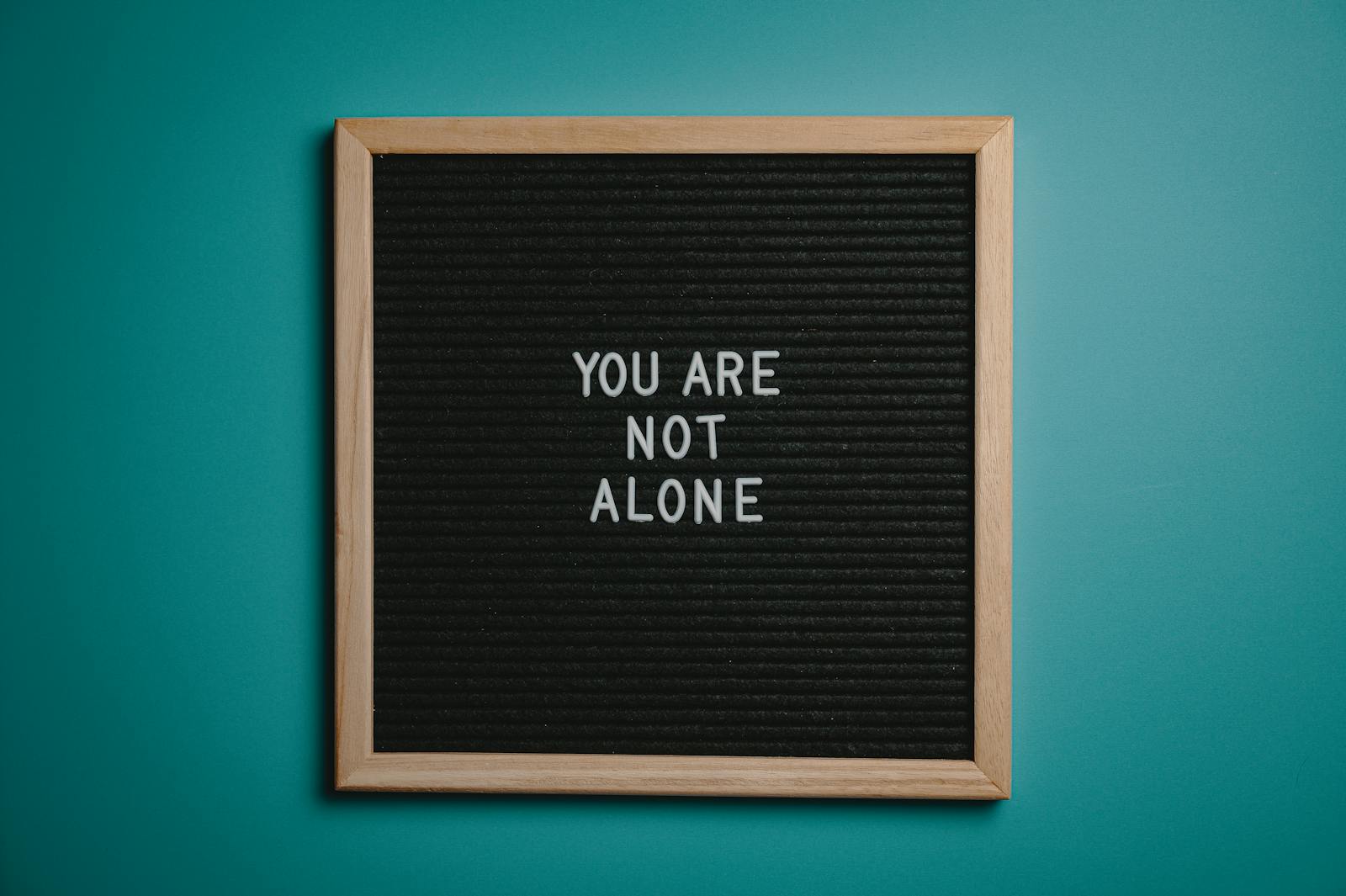Mental health recovery is a personal and transformative process. It’s about discovering how to live a fulfilling, meaningful life, even when facing challenges or symptoms related to mental health conditions. There is no definitive right or wrong way to approach recovery, as it is a unique journey tailored to individual needs. This blog will guide therapy seekers through the intricacies of mental health recovery, including its stages, the services available, and actionable steps to rebuild your sense of well-being.
Whether you’re exploring mental health support for the first time or looking to refine your recovery process, these insights will provide clarity, build resilience, and help you feel more in control of your own recovery.
Understanding Mental Health Recovery
Mental health recovery refers to a process of growth, healing, and achieving a meaningful life, even when living with a mental health condition. Unlike traditional definitions of recovery that only focus on symptom alleviation, mental health recovery emphasizes living autonomously and being able to contribute to your family, community, or chosen career.
Some key points about mental health recovery:
- It’s personal: Everyone’s path to recovery is unique. What works for one person may not work for another, and success can look very different from individual to individual.
- It builds resilience: Recovering strengthens your ability to face future challenges while maintaining emotional stability.
- It’s a dynamic process: Recovery isn’t linear—it involves growth, setbacks, and breakthroughs.
Ultimately, recovery empowers individuals to take responsibility for their well-being while navigating the ups and downs of life.
Ready to Start Therapy?
Your healing journey can begin today. Fill out the form below to connect with a therapist who truly listens and understands.
Defining Mental Illness
It’s important to understand what mental illness entails when exploring recovery. Mental illnesses are health conditions that affect a person’s thinking, emotions, behavior, or overall ability to function. This can range from depression and anxiety to more severe illnesses like bipolar disorder or schizophrenia.
Key Facts About Mental Illness
- Symptoms can vary widely, including mood swings, disorganized thinking, or difficulties with everyday tasks.
- Mental health conditions can affect anyone, irrespective of age, background, or life circumstances.
- A critical reminder is that mental illness is not a weakness, and asking for help is a sign of strength.
Acknowledging that a condition is present is the first step toward change. Early intervention, correct diagnosis, and support are critical for recovery.
The Recovery Journey
Recovery is not just about “getting better”; it’s about creating a satisfying and meaningful life. The path to recovery is rarely straightforward. Expect a mix of progress, hurdles, and moments of self-discovery.
Key Takeaways for Your Recovery Journey:
- Progressive growth: Recovery begins with a commitment to improving your life despite the presence of a mental illness.
- Finding strength in reflection: Even setbacks can provide valuable insights into how far you’ve come.
- Celebrating small victories: Positive changes, like forming new healthy habits or rebuilding relationships, represent huge steps forward.
Recovery isn’t just about survival—it’s about regaining control and rediscovering hope.
Stages of Recovery
Though recovery looks different for everyone, it often unfolds in stages. Becoming aware of these can help provide focus and make the process seem less overwhelming.
- Awareness and Acknowledgment: Recovery often begins when a person recognizes the benefits of addressing their mental health problems. This sets the stage for positive changes.
- Symptom Management: Identifying a proper diagnosis and working with professionals to reduce symptoms may be the focus early on.
- Building Connection and Support: Sharing experiences with trusted friends, family, or support groups can provide a sense of mutual support during initial challenges.
- Healing and Growth: Rebuilding life, setting SMART (Specific, Measurable, Achievable, Relevant, Time-bound) goals, and creating new routines form the backbone of long-term recovery.
Each stage offers opportunities for growth, empowerment, and steps toward a wholesome life.
Seeking Mental Health Services
Mental health services are invaluable during the recovery process. These services vary widely and often include both professional guidance and community resources.
- Professionals involved in mental health care such as therapists and social workers provide tailored treatments, counseling, and skill development to better manage life’s stressors.
- Support groups offer mutual support. Engaging with other individuals who’ve faced similar challenges can foster understanding and provide a sense of community.
- Recovery colleges make education a vital part of the recovery process. They offer free courses focusing on managing symptoms, coping strategies, and personal growth.
When seeking help, remember—it’s okay to take the time to find the right fit for your needs.
Building Resilience and Coping Strategies
Resilience is at the core of mental health recovery. Developing your coping skills allows you to face tough situations with greater confidence and calm.
Effective Resilience-Building Techniques:
- Self-care: Engage in activities like yoga, meditation, journaling, exercise, or even a daily walk to boost your mental and emotional well-being.
- Learning new skills: Participate in recovery-focused workshops or hobby-based activities to feel more engaged and capable.
- Search online: Look for recovery-focused workshops or hobby-based activities to enhance your resilience and coping skills.
- Focus on strengths: Acknowledging what you’re good at builds a positive self-concept and encourages personal responsibility for continued progress.
Over time, resilience reduces the emotional toll of setbacks and strengthens your sense of direction and hope.

Rebuilding Life and Relationships
Healing extends beyond managing symptoms; it involves reconnecting with the people and activities that bring joy and fulfillment to your life. Finding a sense of purpose is a key part of this process.
Tips for Rebuilding Relationships and Life:
- Repair old connections with family or friends by sharing your recovery progress and goals.
- Pursue interests that you find engaging, whether it’s art, volunteering, or social hobbies.
- Engage with support groups to forge new friendships and expand your community of care.
- Use recovery colleges to learn new techniques for rebuilding healthy and supportive relationships.
- Understand that there is no right or wrong way to rebuild relationships and life; find methods that work best for you.
Remember, recovery is an opportunity to create a meaningful life on your own terms.
Overcoming Challenges and Setbacks
No recovery process is free from obstacles. What’s important is how you respond to these setbacks. Coping strategies and a growth mindset are critical during these phases.
- Practice self-compassion: Understand that missteps are a natural part of the healing process.
- Seek help when needed: Professionals and community support groups are there for you during challenging periods.
- Learn from challenges: Viewing setbacks as a learning opportunity cultivates resilience and an adaptable, forward-focused approach to recovery.
Progress comes from persistence and patience—even if some days feel more difficult than others.
Maintaining Progress and Momentum
Once major milestones in recovery are achieved, the focus shifts to sustaining well-being and continuing to grow.
How to Maintain Recovery:
- Practice ongoing self-care to support emotional balance.
- Keep learning and refining coping mechanisms. Recovery colleges and other educational tools can help here.
- Search online for recovery colleges and other educational tools to help maintain your recovery.
- Maintain relationships and connections with supportive friends, family, or mentors.
Recovery is an ongoing process that becomes easier with consistent effort, support, and self-awareness.
Achieving a Meaningful Life
Mental health recovery is a deeply personal yet achievable process. It involves more than treating symptoms; it’s about creating a life defined by fulfillment, purpose, and joy. By focusing on building resilience, connecting with others, and seeking the right mental health services, you can move toward a brighter future.
If you’re ready to take the next step in your recovery, consider working with experienced professionals or exploring online resources to better understand your needs and goals. Healing is possible, and the resources to support you are within reach. Begin your recovery process today—one step at a time.

Conclusion
Recovery from mental illness is a unique and ongoing journey that takes into account an individual’s strengths, resiliencies, needs, preferences, experiences, and cultural background. It is a self-directed process where individuals lead, control, and determine their own path of recovery, optimizing autonomy, independence, and control of resources. The recovery process involves achieving a full and satisfying life, and it is not a straight, steady road, but rather a path with ups and downs, new discoveries, and setbacks.
Throughout this journey, individuals with mental illness can expect to return to an active life based on their desires, preferences, and abilities. With help and support, individuals can recover and achieve their life’s ambitions. Mental illnesses are manageable, and there are many things that can be done to cope with the news and support one’s own recovery. Our understanding of mental illness is much better today than it was in the past, and new medications and new types of therapy improve the chance of successful treatment.
Recovery colleges offer free courses on different aspects of mental health to help individuals manage symptoms and become experts in their recovery and self-care. These colleges are available in most areas as part of the NHS, and people with lived experience of mental health conditions are involved in developing the courses. Support groups, talking therapy, and mindfulness can also be helpful, and complementary therapies, such as meditation and yoga, may also be beneficial.
It’s essential to prioritize self-care and seek help when needed. Recovery is not a solo journey; it’s okay to ask for help and support. Professionals involved in care, such as GPs, can provide guidance and support throughout the recovery process. Mutual support, including the sharing of experiential knowledge and skills and social learning, plays an invaluable role in recovery.
In conclusion, recovery from mental illness is a journey that requires ongoing effort and support. It’s essential to think about what a meaningful life means to each person and to prioritize self-care and seek help when needed. With the right support and resources, individuals with mental illness can achieve a full and satisfying life and live autonomously, contributing, and satisfying lives in the community, even with persisting symptoms.
Resources
Here are some helpful resources to support your mental health recovery journey:
- National Alliance on Mental Illness (NAMI): Offers educational materials, support groups, and advocacy for individuals with mental health conditions and their families.
- MentalHealth.gov: Provides information about mental health topics, resources, and how to find help.
- Crisis Text Line: A free text-based support service available 24/7 by texting “HOME” to 741741.
- Headspace: A mindfulness and meditation app that can help reduce stress and support mental well-being.
- Recovery Colleges: Engage in courses focused on mental health recovery, self-development, and coping strategies.
- NAMI (National Alliance on Mental Illness): Offers education, support, and advocacy for individuals and families affected by mental illness.
- 7 Cups: Connect with trained listeners and licensed therapists for emotional support and mental health guidance.
- SAMHSA (Substance Abuse and Mental Health Services Administration): Provides resources, treatment locators, and a 24/7 helpline for mental health and substance abuse support.
- Calm: A relaxation app that offers guided meditations, sleep aids, and stress management techniques.
- Mental Health America (MHA): A nonprofit organization providing resources, screenings, and advocacy for mental health awareness.
These resources are a great starting point for accessing support, tools, and professional guidance as you continue your path toward wellness. Remember, you are not alone—help is always available.


